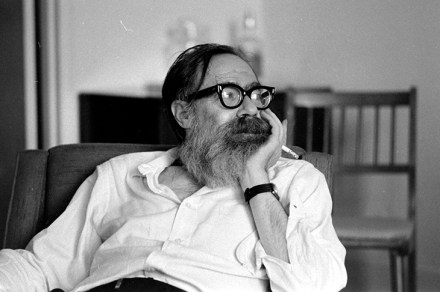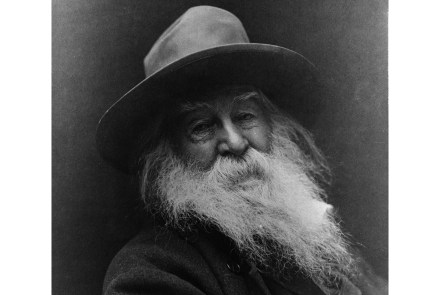The sad fate of Edna St Vincent Millay – America’s once celebrated poet
In June 1957, Robert Lowell attended a poetry reading by E.E. Cummings. Sitting dutifully and deferentially alongside him were Allen Tate, W.S. Merwin and his wife Dido and the classical scholar William Alfred, ‘while Cummings read outrageous and sentimental poems, good and bad of both kinds’. They were not alone: ‘About eight thousand people listened.’ But you can tell from Lowell’s adjectives – ‘outrageous and sentimental’ – that Cummings’s reputation is already on the slide. Edna St Vincent Millay’s diaries record a reading in Waco on 10 January 1930: ‘In spite of icy streets, really dangerous & cold weather, abt. 1500 people present.’ In 1934, Millay took Laurence Olivier and




